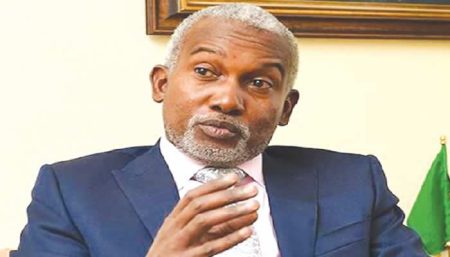The Ashanti Regional Co-ordinating Council (RCC) has implemented a series of stringent security measures to address the escalating insecurity within the region, particularly in the wake of the recent murder of Alhaji Abdul-Malik Azenbge, Chief of Kusaase. The most prominent of these measures is a ban on the use of motorbikes after 7:00 pm, effective immediately and until further notice. This decision, taken during an emergency Regional Security Council (REGSEC) meeting, aims to restrict the mobility of potential perpetrators who often utilize motorbikes for quick getaways and to evade detection, especially under the cover of darkness. This restriction is intended to disrupt criminal activities and enhance the safety of residents during vulnerable nighttime hours.
Complementing the motorbike curfew, the RCC has reinforced existing regulations regarding the use of unlicensed motorbikes and those without functioning lights, emphasizing that both are strictly prohibited. This measure addresses the prevalence of unregistered and inadequately equipped motorbikes, which contribute to both traffic accidents and criminal activities, as their anonymity makes them difficult to trace. By enforcing these regulations, the RCC aims to improve road safety and deter criminals who exploit the anonymity afforded by such vehicles. The combined effect of the curfew and the enforcement of licensing and lighting regulations is intended to create a more secure environment for law-abiding citizens.
Further addressing concerns about concealment of weapons, the RCC has also issued a directive prohibiting motorbike riders from wearing smocks until further notice. The smock, a traditional garment, has been identified as a potential means for individuals to conceal weapons, thereby posing a threat to public safety. This measure is a direct response to the potential misuse of this cultural attire for criminal purposes. By restricting the wearing of smocks by motorbike riders, the RCC seeks to mitigate the risk of concealed weapons being transported and used in criminal activities, thereby increasing the safety of the public.
To bolster these preventative measures, the RCC has committed to increasing security presence in identified hotspot areas. This heightened security presence will involve both police and military personnel who will collaborate to ensure peace, protect lives and property, and deter criminal activity. The strategic deployment of security forces in high-risk areas aims to disrupt criminal operations and provide a visible deterrent, assuring residents of increased safety and protection. The combined effect of the curfew, vehicle regulations, clothing restriction, and increased security presence is intended to create a comprehensive security strategy to address the region’s challenges.
The RCC’s decision to implement these measures follows the tragic killing of Alhaji Abdul-Malik Azenbge, the Chief of Kusaase, who was shot dead at his residence. This incident underscores the urgent need for enhanced security measures to protect individuals and communities from violence. While the specific motives behind this crime are still under investigation, the incident has highlighted the vulnerability of individuals and the need for proactive steps to prevent further violence. The RCC’s response reflects a commitment to addressing the root causes of insecurity and restoring peace and order in the region.
In summary, the Ashanti Regional Co-ordinating Council has implemented a multi-faceted security strategy to address the rising insecurity in the region. This strategy includes a nighttime curfew on motorbikes, reinforced regulations on unlicensed and inadequately equipped motorbikes, a ban on the wearing of smocks by motorbike riders, and an increased deployment of police and military personnel in identified hotspot areas. These measures are intended to curb criminal activity, enhance public safety, and restore peace and order following the recent killing of the Chief of Kusaase. The RCC’s comprehensive approach reflects a commitment to tackling the complex security challenges facing the region and creating a safer environment for all residents.














